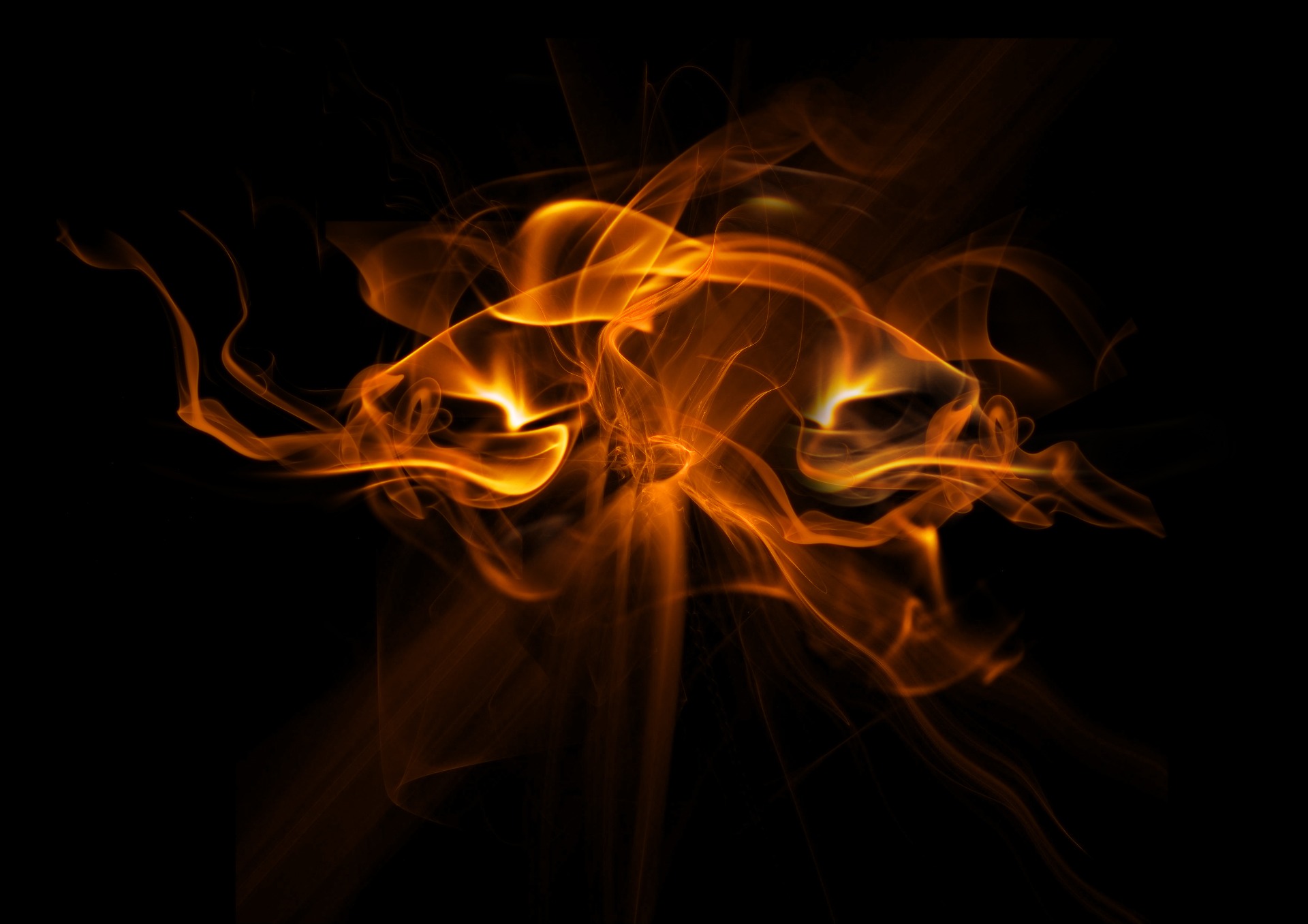Hecate: Goddess of the Crossroads, Magic, and Empowerment

Hecate, a powerful and multifaceted goddess in Greek mythology, embodies magic, witchcraft, and the liminal spaces between worlds. Often depicted with torches, keys, and accompanied by dogs, she is a complex figure whose archetype has journeyed through history, reflecting changing societal views on female power.
Ancient Roots: She is often described as a pre-Olympian chthonic goddess, meaning she was associated with the earth and underworld before the main Greek gods like Zeus came into prominence. This suggests a deep, ancient connection to primal forces and perhaps an older mother goddess tradition. Her prominent and highly respected depiction in Hesiod's Theogony (7th century BCE) is notable. Hesiod describes her as the daughter of the Titans Perses and Asteria, and states that Zeus honored her above all, granting her power over heaven, earth, and sea. This unique reverence, not typically given to other non-Olympian deities, further supports the idea of her foreign, yet powerful, origin that was incorporated into the Greek pantheon.
Originally seen as a benevolent, cosmic goddess, Hecate's archetype has undergone a transformation throughout history. Her association with magic and the underworld led to her being demonized and feared, particularly as patriarchal societies sought to control female power. Hecate embodies independence, knowledge, and power – qualities that were often suppressed and demonized in women. Her image was twisted to portray her as a scary figure, reflecting a fear of female autonomy and strength.
Attributes and Symbolism
Torches: Hecate is frequently shown carrying two torches, illuminating the darkness and guiding those who seek her help through the night and across thresholds. They symbolize her role as a guide through the mysteries and her ability to reveal hidden truths.
Key: The key represents Hecate's power over liminal spaces – doorways, gates, and crossroads – and her ability to unlock the secrets of the unseen realms. It signifies her control over passage between worlds and her role as a gatekeeper.
Dogs: Accompanied by dogs, often black, Hecate's canine companions represent her connection to the underworld and her role as a protector. They are guardians of the crossroads and symbols of loyalty, often associated with the restless dead.
Crossroads: As the goddess of crossroads, Hecate governs choices, transitions, and the meeting of different paths. Crossroads are liminal spaces, gateways to other realms, and places where decisions are made, highlighting her influence over fate and destiny.
Hecate's power extends across multiple realms:
Heaven, Earth, and Underworld: She is unique in her ability to move freely between these realms, granting her a comprehensive understanding of the cosmos and the interconnectedness of all things.
Magic and Witchcraft: As a goddess of magic, Hecate is a powerful figure for those who practice the mystical arts. She offers guidance, wisdom, and protection, particularly to those seeking spiritual growth and transformation.
Knowledge of Herbalism: Connected to the earth and its mysteries, Hecate possesses deep knowledge of plants and their properties, making her a goddess of plant spirit medicine.
Fate and Karma: While not explicitly a goddess of fate or karma, Hecate's association with crossroads and her ability to see across realms suggests a profound understanding of destiny and consequence.
Protection of Outcasts: Hecate is a protector of the marginalized, the downtrodden, and those who exist on the fringes of society. She offers solace and empowerment to those who are vulnerable, reflecting her compassion and her connection to those who challenge societal norms.


